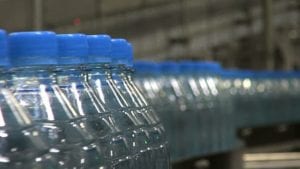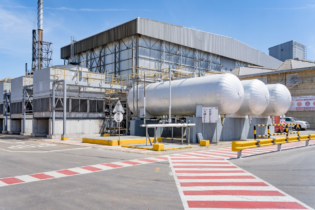The South African National Bottled Water Association (SANBWA) has applauded the response of ordinary South Africans to plastics recycling initiatives as the country’s recycling rate trumps that currently achieved in Europe.
Responding to the release of the country’s plastic recycling figures for 2017, by Plastics|SA, Charlotte Metcalf SANBWA Executive Director said South Africans who do their share to recycle plastic and other materials on a daily basis should be congratulated on their latest efforts.Celebrating good works
“Earlier in the year, PETCO, which is responsible for fulfilling the sector’s mandate of extended producer responsibility, announced that the South African PET industry recycled a record 2.15 billion PET plastic bottles in 2017, setting a post-consumer recycling rate of 65% to put the country on par with international standards. “The 93 235 tonnes of collected PET exceeded the industry target of 58% for the year 2017 and created 64 000 income-generating opportunities for waste pickers, collectors and recyclers, saving 578 000m3 of landfill space and 139 000 tonnes of carbon in the process. “Plastics|SA’s figures continue the good news story, and their achievement – and that of all the organisations it works with – should be applauded.”Metcalf added that the executive summary compiled by Plastics|SA each year to provide interested parties with an overview of the sector and its activities is extremely detailed and makes for worthwhile reading.








